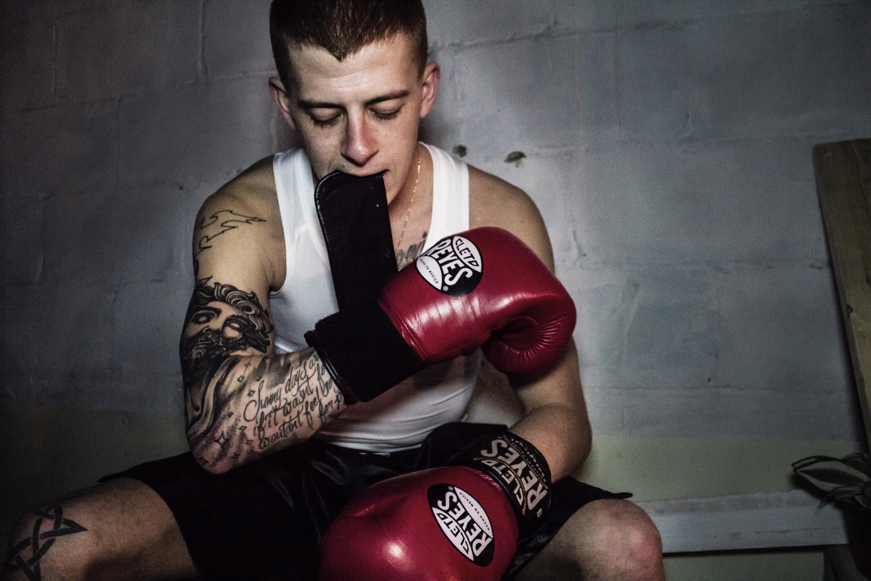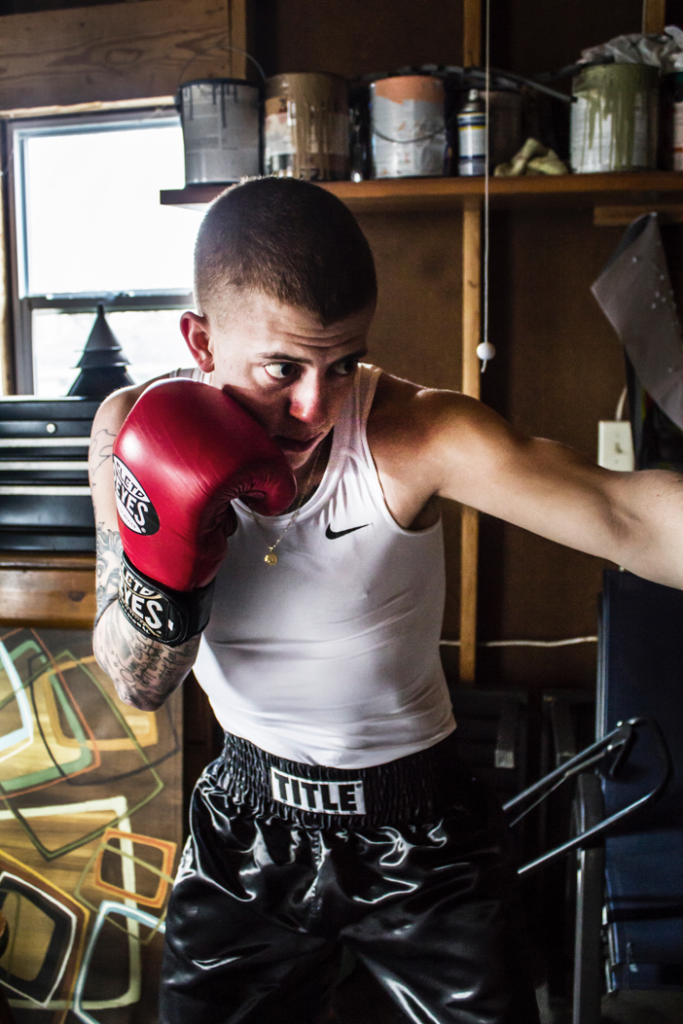Many individuals today struggle with facing challenges in their lives. These challenges can range from past traumas and current stressful situations, to the inability to express oneself.
The result of these challenges or problems occurring in one’s mind can lead to what we call mental illness. According to the National Institute of Mental Health, research has shown that mental illnesses affects tens of millions of people each year in the United States.
Individuals that struggle with a mental illness often seek treatment in the form of counseling or medication to overcome their personal barriers. However, one doesn’t typically think of music when talking about receiving therapy but, according to Forbes website, music therapy is on the rise and is growing more diverse in its practice.
Dr. Peggy Farlow of Purdue University Fort Wayne is a specialist in exactly that. She is a music therapist on and off-campus and has an extensive medical background that has helped her hone her craft in the field to best compliment her clients. Farlow teaches on campus for four days out of the week while also operating her own private practice one day out of the week. According to Farlow, the format of a music therapy session is different to that of a normal therapy session.
“It all depends on the setting,” Farlow said. “What we do is we would go to the clients home and meet with the client and the family, just get to know the client, figure out what they like to do, what kinds of things they have problems doing, and find out what their musical preferences are.”
Farlow explains that many of her patients tend to have a mental disability that can range from the inability to form sentences to coping with a past trauma. Once Farlow figures out a patient’s musical preference and the challenge they are facing, she will then proceed to create a music activities plan that will help the patient tackle what is bothering them.
A common exercise that Farlow has used is asking her patient a question in the form of a song. Over an extended period of time the patient becomes familiar with the song and questions and will sing back the proper responses.
According to the Speech Pathology Graduate Programs Organization website, the same technique that Farlow uses has been shown to help aphasia patients learn to speak again. With a connection music, individuals have the ability to memorize the words to a song on a commercial that they heard ten years ago but struggle to memorize information for a test that they spent many hours studying for.
Farlow explained that after getting know her client, the next part of this process allows for her to give the client options for their answers. Farlow then follows this by changing the questions so that the client must then think and respond on their own. Over time, her client had practiced the exercise so much that they eventually stopped singing and became able to deliver structured sentences normally. Farlow explained that this was due to how music accesses all of the brain’s attention.
Farlow also explained that the parts of music that most impact an individual can vary. “Some people relate more to the rhythm, some relate more to the harmony, some relate more to the melody. Everybody has their own preference,” Farlow said.
Musician Tom Mayes echoed some of Farlow’s takes on music as a form of expressing oneself. “For me, I learned to play guitar when I was really young,” Mayes said. “Something about playing chords and singing gave me my first real gateway to communicating what I wanted to say.”
“Now that I’m grown up, I find that music tends to provide me with comfort during difficult times,” Mayes added.
Karen Hammons, of Van Wert, Ohio, stated that she finds music to be comforting, especially in her church. “Worship music really tends to speak to me and provides me with a warm feeling when I’m participating in it.”
Hammons also stated that music in general is a common way for her to relieve stress and other worries, citing that it helps her slow life down when it becomes too fast.
Farlow explains that worship music is often a common choice from a large number of musical therapists’ clients, but it isn’t the only choice. Farlow encourages those looking to get into music therapy to understand that music is not universal.
“So yes, we all respond to music, but the kind of music is not universal,” Farlow said. That said, Farlow believes that music is essential to human existence.
“Music is an important part of our lives for sure,” Farlow said. “It’s something that we can relate and react to naturally”.



